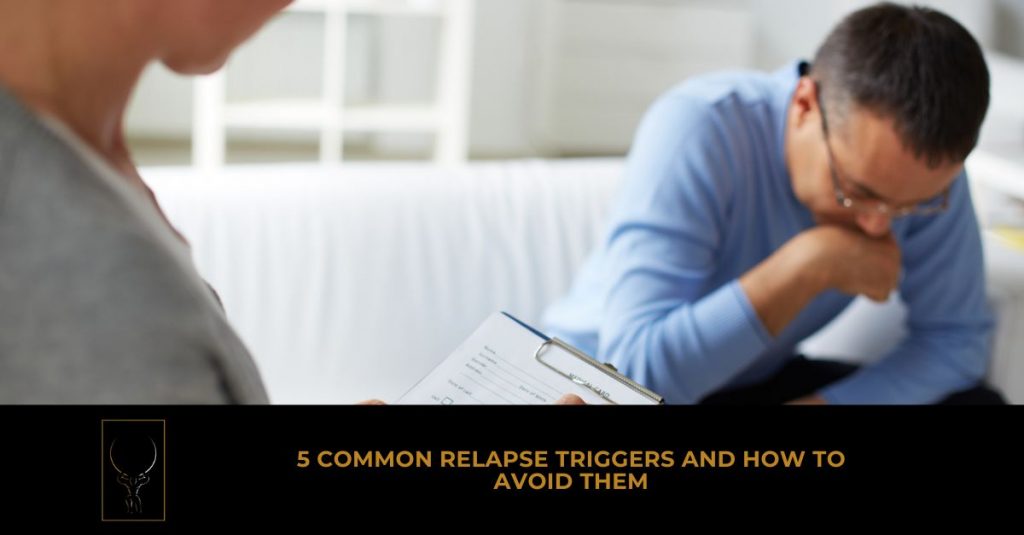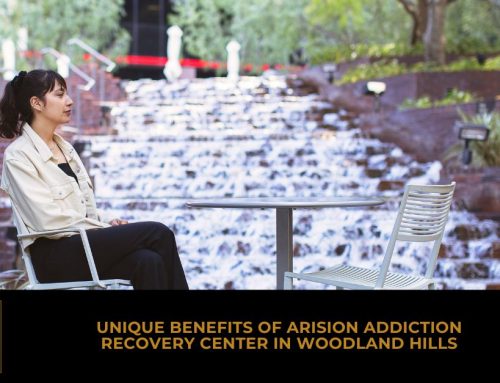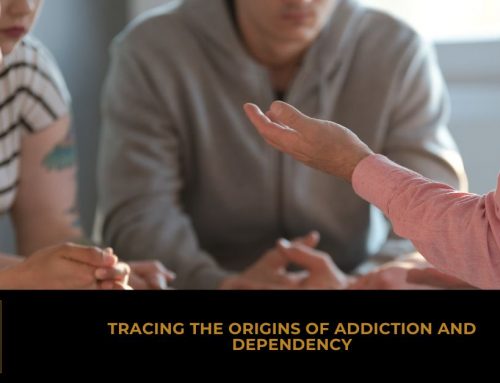
Embarking on the journey of addiction recovery requires vigilance and awareness of potential triggers that may lead to relapse. Understanding and effectively managing these triggers can significantly enhance the chances of maintaining sobriety and achieving long-term recovery. In this blog, we will explore five common relapse triggers and provide practical strategies to avoid them. If you or someone you know is struggling with addiction, reach out to us here at Arision Treatment, our California addiction recovery center.
Stress: The Silent Saboteur
Stress can jeopardize recovery efforts. When faced with stressful situations, a lot of people may turn to toxic substances as a coping (and really unhealthy) mechanism. To avoid this relapse trigger, it is essential to develop healthy stress management techniques. A time tested method with a lot of benefits is engaging in exercise. Great examples include yoga or jogging, which can help alleviate stress and promote overall well-being. Additionally, practicing mindfulness and meditation techniques can cultivate a sense of inner calm and resilience. Seeking support from a therapist or attending support group meetings can provide valuable tools for managing stress and reducing the risk of relapse.
Recovery Overconfidence Can Be A Subtle Pitfall
Recovery overconfidence occurs when individuals become overly confident in their ability to resist temptation and believe they no longer need support or treatment. This dangerous mindset can lead to complacency and a lack of necessary precautions. To prevent relapse due to recovery overconfidence, it is vital to remain humble and acknowledge the ongoing nature of recovery. Staying connected with a support network, whether through 12-step meetings or individual therapy sessions, can serve as a reminder of the importance of ongoing support. Continuing to engage in therapy or counseling sessions can help individuals address underlying issues and maintain healthy coping mechanisms. By embracing a mindset of lifelong recovery, individuals can recognize the ongoing need for self-care and support, reducing the risk of relapse.
Negative Emotional States – Confronting the Demons
Often, the temptation to self-medicate with drugs might be triggered by negative feelings including grief, anger, loneliness, or even boredom. It is crucial to develop healthy coping mechanisms to address these emotional states. Engaging in activities that bring joy and fulfillment, such as pursuing hobbies, creative outlets, or physical activities, can help individuals navigate and manage negative emotions without resorting to substances. People can create a secure environment in which they feel comfortable expressing and working through their feelings by seeking out for social support from loved ones, attending meetings of support groups, or making an appointment with a therapist. Self-compassion and self-care practices are also quite important, as they enable individuals to strengthen their emotional fortitude and take care of their emotional health.
Environmental Triggers – Avoiding the Familiar Pitfalls
Environmental triggers refer to people, places, or situations that have been associated with substance use in the past. Being in these triggering environments can reignite cravings and undermine recovery progress. To avoid environmental triggers, it is advisable to identify and avoid high-risk locations or individuals associated with substance use. Building a supportive and sober network of friends who are also committed to recovery can provide a buffer against relapse triggers. Engaging in new hobbies and activities that align with a sober lifestyle can help individuals establish a positive and substance-free environment. Creating a structured and healthy routine can also provide stability and minimize exposure to risky situations.
Lack of Self-Care – Nurturing the Mind, Body, and Soul
Neglecting self-care can leave individuals vulnerable to relapse. Physical and emotional exhaustion, poor nutrition, and lack of sleep can weaken one’s resilience and ability to cope with triggers effectively. Prioritizing self-care is crucial for maintaining sobriety. This is related to what we mentioned earlier about practicing regular exercise, getting adequate sleep, nourishing the body with a healthy diet, and avoiding excessive stress. Engaging in activities that bring joy, relaxation, and personal fulfillment is also essential for nurturing the soul. Cultivating healthy relationships and seeking support from loved ones can provide a strong support system during challenging times. Taking care of oneself holistically strengthens the foundation for lasting recovery.
Premium Guidance and Resources For a Healthier Happier Life
Navigating the path to lasting recovery requires awareness, preparation, and proactive strategies to avoid common relapse triggers. By recognizing the dangers of stress, overconfidence, negative emotional states, environmental triggers, and lack of self-care, individuals can arm themselves with effective tools to prevent relapse and maintain sobriety. Remember, seeking support from professionals and addiction recovery centers like our California addiction recovery center can provide invaluable guidance and resources on the journey to a healthier, addiction-free life.







